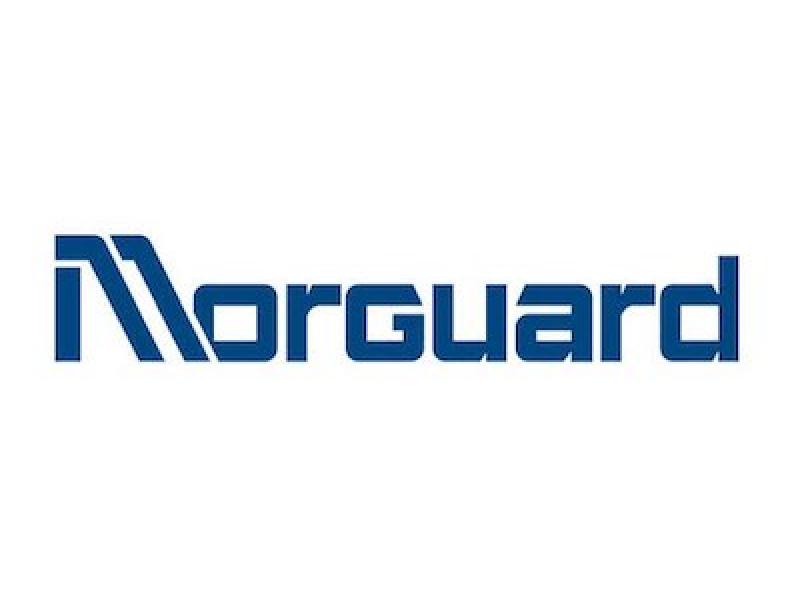Canadian retail performance over the last two years has been surprisingly resilient.
The pandemic year of 2020 was obviously tough but also transformative, forcing many retailers across the country to transform into omni-channel sellers to survive amid intermittent lockdowns and uncertainty.
Then, in 2021, Canadian retail sales broke a new record, hitting nearly $700 billion in total sales, according to Statistics Canada figures cited in the Tenant Survey Report 2023 by Colliers Real Estate Management Services (REMS). Retail sales in 2022 also broke a record, reaching almost $735 billion.
When asked to rank their 2022 profitability on a scale from 1 to 5 (one being extremely unprofitable and five being extremely profitable), retailers reported an average of 3.1 (and 3.6 so far in 2023). With consumer confidence declining today amid rising interest rates, expanding household debt and increasing recession worries, the resilience — and profitability — of Canadian retail is about to get tested again.
What does 2023 have in store?
Colliers is expecting a more normalized sales increase in 2023, despite the aforementioned economic challenges. These challenges are in addition to the recent tremors in global finance caused by the first serious U.S. banking failures we’ve seen since the 2008 financial crisis.
If Canadian retailers are going to remain resilient (and more importantly, profitable), it’s not going to happen by accident; rather, it will take concerted effort, strategy and innovation.
Mostly, success will be born out of a renewed sense of harmony that can be distilled into five lessons that emerged from Colliers REMS’ 2023 survey of various retailers across the country.
The five lessons from profitable Canadian retailers
Have physical stores
Eighty-seven per cent of the retailers we surveyed indicated that in-store shopping remains the most profitable type of shopping. Brick-and-mortar sales hit $693 billion in 2022, representing a nine percent increase over 2021.
It's a no-brainer benefit to online retailers to have a brick-and-mortar presence.
And it's a benefit for brick-and-mortar retailers to have an online presence. The two formats work symbiotically, and it's all about market share — and capturing the most market share together.
Don’t forget about your e-commerce platform
This became an obvious necessity during the pandemic when, for certain periods of time, people couldn’t go into many stores around the country.
Fast forward to 2022, retailers with an e-commerce platform were almost twice as likely to be profitable, Colliers’ survey found. Indeed, in 2020, online sales ballooned to nearly 12 per cent.
But since then, those online sales have normalized to pre-pandemic growth levels and now sit at roughly six per cent. That number is expected to climb to eight per cent by 2025.
Following the initial spike in adoption, the percentage of retailers with an e-commerce platform has stabilized at just over 50 per cent. That number should be higher for retailer profitability and success.
Connect the physical store with the e-commerce platform
Retailers that connected their physical store with their e-commerce platform were 35 per cent more likely to be profitable in 2022.
Finding ways to synergize the in-person and online shopping experience is an important way to boost sales and profitability. This could involve using the same supply chain internal processes, training employees to improve sales techniques, and performing additional market research to better understand customers.
Buy online and pick up in-store
Retailers report some customers spend up to 35 per cent more than their original online purchase when they pick up their purchases in the store.
The reasons are kind of obvious. If you show up at the store to pick up say, a coat or blazer you ordered, your visit with a salesperson provides the opportunity for them to mention the matching pants, blouse or shirt for that blazer.
Moreover, you might just happen to browse around, finding other items you’d like to buy.
The retailer has not only captured the online market, but also expanded that market share to the physical space.
Share the cost of returns with customers
This has been one of the sticky, hairy issues with the rise of e-commerce in Canada.
What happens when the item you buy online doesn't fit, or doesn't match your expectations? Most people send it back or return it to the store. This is a profitability killer for retailers.
This situation requires some re-education of the online consumer. We know that retailers who shared the cost of returns with customers were 40 per cent more likely to be profitable in 2022.
Unlimited free returns of items that can’t be re-entered into the supply chain is a worst-case scenario and a persistent problem.
Retailers must have clearer, well-communicated return policies. There must be a cost associated with a return, and items must be returned in a condition and package ready to be sold again and not to enter the secondary marketplace. This alternative is costly and wasteful.
The key to achieving this is clarity and convenience around the return.
Helping retail landlords and their tenants achieve this harmony
If we think about these lessons as a continuum of behaviour, what emerges is a sense of harmony that results in efficiency and profitability. But this labour and the strategic thinking requirement must be shared by the retailers and their landlords.
Retail tenants must fulfill their side of the arrangement by having strong sales teams; attractive, well-stocked stores; and an omni-channel sales strategy. The hybrid model must motivate customers to shop in-store and online in a way that doesn’t create a tidal wave of costly returns and un-sellable items.
For many retailers, it can all start with simply setting up a functional website.
Landlords also have a part to play in nurturing this harmony. It’s their job to help bring people to the shopping centre, high street or property. That means having a sound marketing strategy, a sensible location with convenient access, transportation networks and parking, and a thoughtful tenant mix that creates excitement, convenience and a reason for people to make the trip to the property.
While 2023 represents a new period of uncertainty for consumers, retailers and landlords, there’s a shared responsibility in the pursuit of harmony that will drive an important pair of byproducts: more sales and a higher level of profitability.







